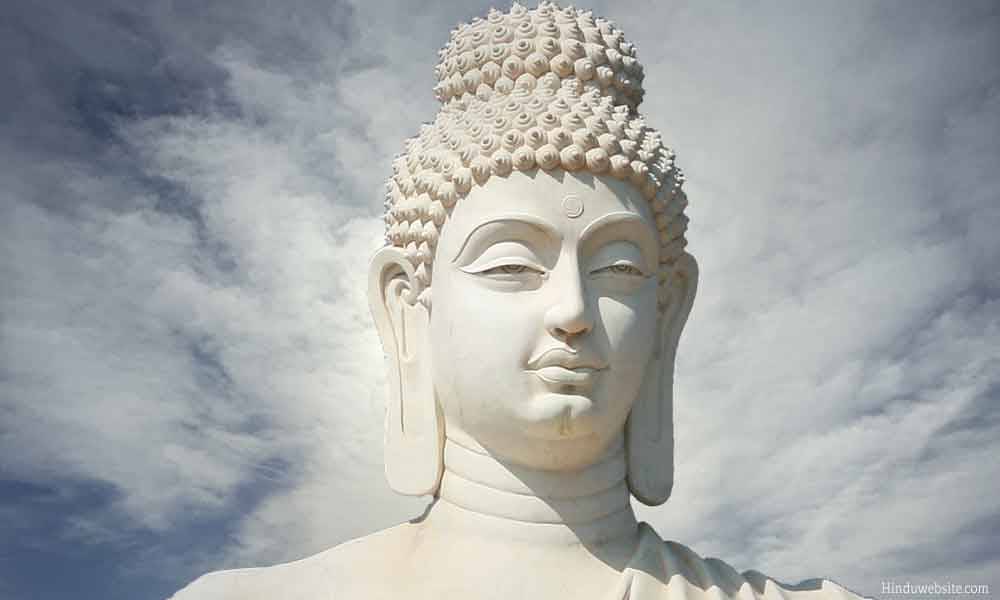11 Buddhist Premises to Walk the World with Lightness
The following are some indispensable notions that have been taken from Buddha’s teachings, to lead a more coherent and airy everyday life.
Just over 2,500 years ago, when Prince Siddhartha Gautama, the historical Buddha, began to share his teachings with fortunate groups of students that decided to follow him, these words were passed down from generation to generation, as part of the oral tradition. Nowadays Buddhism is recognized more as a method than as a doctrine; one that seeks the full development of the human mind.
Buddhism, in all of its ramifications, comes from that same moment, from the flow of teachings that originated more than two millenniums ago. The Buddha offered his followers a coherent understanding of conditioned reality as well as of the ultimate reality, and highly efficient meditations that transform knowledge into experience. In this sense, the practice becomes more relevant in everyday life and it can lead us to real happiness. The aim of Buddha’s teachings is the full development of the innate potential of the body, voice and mind, to benefit ourselves and others.
The following are some truly indispensable premises, taken from his teachings, which will allow us to lead the most congruent and light life possible. They may seem simple, or perhaps even obvious—more so now that the Internet is overflowing with carpe diem quotes and we have to a great extent ceased processing them—however, these remain wrapped in resonance and precision.
1. Words can hurt, but they can also heal.
2. We only lose that which we cling to.
3. Nobody can save us except us.
4. Be gentle with everyone.
5. What you think is what you are and will be
6. Control your mind or it shall control you.
7. Spirituality is not a luxury.
8. Choose your friends wisely.
9. Seek peace within yourself.
10. Truth always has a way of reaching the light.
11. Nobody deserves love more than you.
Related Articles
7 Recommendations for Organizing Your Library
For the true bibliophile, few things are more important than finding a book from within your library.
Red tea, the best antioxidant beverage on earth
Red tea is considered to be the most unusual of teas because it implies a consistently different preparation process. ––It is believed that its finding came upon surprisingly when traditional green
A brief and fascinating tour of the world's sands
To see a World in a Grain of Sand And a Heaven in a Wild Flower, Hold Infinity in the palm of your hand And Eternity in an hour. - William Blake What are we standing on? The ground beneath our feet
Strengthen your memory with rosemary oil
For thousands of years rosemary oil has been traditionally admired and used due to its many properties. In the Roman culture, for example, it was used for several purposes, among them cleansing, as
Literature as a Tool to Build Realities
Alain de Botton argues that great writers are like lenses through which we can see an infinite array of possibilities.
Mandelbrot and Fractals: Different Ways of Perceiving Space
Mathematics has always placed a greater emphasis on algebra, a “purer” version of itself, one that is more rational at least. Perhaps like in philosophy, the use of a large number knotted concepts in
Luis Buñuel’s Perfect Dry Martini
The drums of Calanda accompanied Luis Buñuel throughout his life. In his invaluable memoirs, published under the Buñuel-esque title, My Last Sigh, an entire chapter is dedicated to describing a
A Brief Manual of Skepticism, Courtesy of Carl Sagan
Whether or not you’re dedicated to science, these tips to identify fallacies apply to any form of rigorous thinking.
How to Evolve from Sadness
Rainer Maria Rilke explored the possible transformations that sadness can trigger in human beings.
Alan Watts, A Discreet And Charming Philosopher Of The Spirit
British thinker Alan Watts was one of the most accessible and entertaining Western interpreters of Oriental philosophy there have been.










